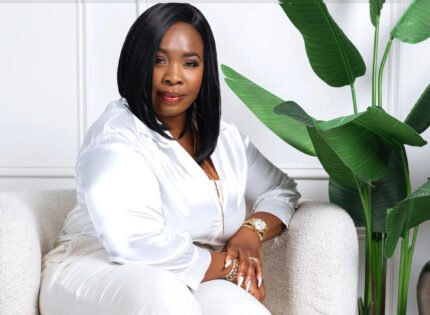Contentious elections bring change
After 23 ye ars of rule by the People’s Progressive Party/Civic (PPP/C) the people of Guyana have voted for a change in government.
ars of rule by the People’s Progressive Party/Civic (PPP/C) the people of Guyana have voted for a change in government.
In elections held on May 11, 2015, with one of the highest voter turnouts, including significant numbers of young people, the people voted 207,200 to 202,694 in favor of a six-party coalition headed by A Partnership for National Unity/Alliance for Change (APNU/AFC). The coalition will hold a one seat majority in the new parliament with the APNU/AFC having 33 seats and the PPP/C having 32.
And in spite of claims by the PPP/C that the elections were fraudulent, they were declared to be free and fair by observers from the United States of America (including President Jimmy Carter), Canada, Britain, and Caribbean countries.
David Granger, a retired brigadier of the Guyanese Defence Force , was sworn in as the country’s 8th Executive President on the steps of parliament in the presence of a large jubilant crowd. The official inauguration is scheduled for May 26 on the country’s 50th anniversary of independence from Britain.
The outgoing president Donald Ramotar called early elections trying to avoid a vote of non-confidence in the parliament for defying spending cuts imposed by the National Assembly. The PPP/C has also been accused of race-based politics, nepotism, squandering public money and corruption.
Granger, in heading a multi-party, multi-racial coalition, is proposing a new kind of politics in Guyana that is inclusive of all Guyanese and not based on the old politics of race. Among his promises in creating a new Guyana is equal rights for all citizens, alleviation of the crime problem, employment for youth, and increases in the salaries of public servants.
A snapshot of Guyana
Guyana’s newly elected president, retired army general David Granger, has appointed 27 ministers to his cabinet after his opposition coalition won the South American country’s recent general election.
The president-elect said he also appointed a former police chief as special minister of citizenship to investigate allegations that government officials previously sold citizenships and passports to foreigners. He was acting on a scandal surrounding allegations that foreigners coming to Guyana have obtained ci tizenship easily.
tizenship easily.
“We want to ensure that citizenship remains a prize that is protected by the state,” the new president was quoted as saying.
To make it a truly representative national government he also awarded several ministries to the smaller Alliance for Change party, the new official opposition, but said late Friday he will keep the immigration, natural resources and energy sectors under his control because they are “essential to Guyana’s future.”
Granger who was sworn in on May 16, ending the 23-year reign of the People’s Progressive Party, has pledged to end racial divisions that have marred the national politics of Guyana for generations.
Located on the Atlantic Ocean and the Caribbean coast of South America, Guyana is 215,000 km2 (83,000 sq mi.) with a population of 746,000 comprised primarily of Indian migrants (descendants of indentured labourers from the Indian sub-continent) and Afro-Guyanese (descendants of African slaves), with a smaller population of mixed heritage, with others of Amerindian backgrounds. Its population is predominantly English speaking (Guyanese Creole is considered the national language, along with 11 recognized regional languages).
From 1667–1814, the territory was known as Dutch Guiana during its colonization by Holland, then British Guiana when colonization reverted to Britain from 1814–1966 when it gained its official independence from the United Kingdom on May 26, 1966. It officially became a republic on February 23, 1970.
As a part of the Anglophone Caribbean, it is one of the few Caribbean countries that are part of South America. The Caribbean Community (CARICOM), of which it is a member, has its secretariat’s headquarters in Guyana’s capital, Georgetown. It is also a member state of the Commonwealth of Nations and has the distinction of being the only South American nation in which English is the official language.
Guyana is a nation rich in natural resources, including bauxite/alumina, gold, diamonds, hardwood timber, fish and shrimp, and citrus products, as well as a producer of sugar, molasses, vegetable oils, beef, pork, poultry, dairy products, rice and rum, which it exports to international markets. Suriname, Trinidad and Tobago, Cuba, Canada, the U.S., U.K., Portugal, Jamaica, China, Singapore, Japan, Brazil… are some of its major trading partners.















1 Comment
writemypaper.io June 30, 2015 at 7:22 am
It’s amazing in favor of me to have a site, which is valuable in favor of my knowledge.
thanks admin